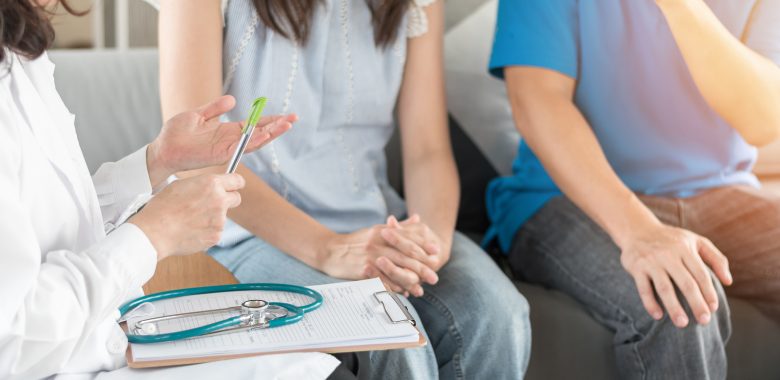We use technologies like cookies to store and/or access device information. We do this to improve browsing experience and to show (non-) personalized ads. Consenting to these technologies will allow us to process data such as browsing behavior or unique IDs on this site. Not consenting or withdrawing consent, may adversely affect certain features and functions.
These cookies enable us to offer enhanced functionality and personalization, such as videos and live chat. These can be set by us or by third-party providers whose services we use on our pages. If you do not allow these cookies, all or some of these functions may not work properly.
The technical storage or access is necessary for the legitimate purpose of storing preferences that are not requested by the subscriber or user.
These cookies are necessary for the website to function and cannot be turned off in our systems. These are usually set up to handle your actions only. These processes include your service requests, such as setting your privacy preferences, logging in or filling out forms. You can set your browser to block or warn you about these cookies, but some parts of the site may not work in this case.
The technical storage or access that is used exclusively for anonymous statistical purposes. Without a subpoena, voluntary compliance on the part of your Internet Service Provider, or additional records from a third party, information stored or retrieved for this purpose alone cannot usually be used to identify you.
The technical storage or access is required to create user profiles to send advertising, or to track the user on a website or across several websites for similar marketing purposes.

